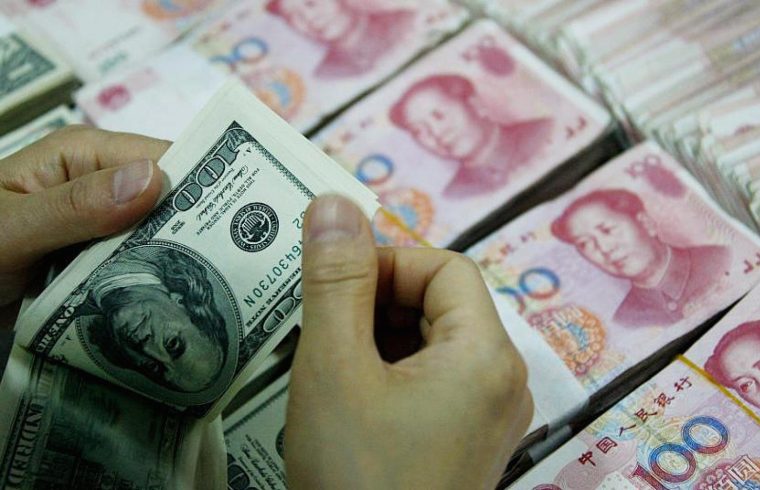
Proposed legislation currently being scrutinized by Congress poses a greater threat to the U.S. dollar’s global reserve currency status than does any competing legal tender, according to ratings agency Fitch.
The two pieces of draft legislation in question – the Federal Reserve Transparency Act (FRTA) and the Financial Choice Act (FCA) – are both aimed at restricting the independence of the Federal Reserve (Fed) and permitting greater political oversight of monetary policy.
The Fed is currently an independent government agency but is ultimately accountable to the public and Congress.
The threat to the agency from these bills was underscored by none less than the Fed Chair herself during a session with reporters in April.
“Our independence is under some threat,” declared Janet Yellen, adding that she believed the U.S. to be better served by having a non-partisan group outside the scope of “short-term political pressures” as the key decision maker in the setting of interest rates.
Should these initiatives be passed into law, they would gradually weaken the global appetite for the dollar to remain the world’s reserve currency, a position it has held since it was chosen as such as part of the Bretton Woods Agreement of 1944.
“Investors considering dollar assets and other dollar exposures would weigh the risk of political interference in monetary policy decisions and the possibility of the Fed’s remit being broadened to include congressional priorities such as indirect funding of infrastructure investment,” said James McCormack, global head of sovereign ratings at Fitch, in the note published on Wednesday.
“There may also be concerns about episodes of financial sector stress being deeper and more prolonged if the Fed’s policy response options were explicitly limited,” he added.
Meanwhile, the dollar has little to fear from other currencies which still lack sufficient clout to pose a serious threat to its dominance, argues McCormack.
He nominates the euro as the most likely challenger to the dollar given the size and depth of its capital markets, supported by the credibility of the European Central Bank in its mandate to monitor inflation. Yet, McCormack warns its appeal is diminished by the broader political threats facing the euro zone and the possibility of more member states following the U.K. out the door following last summer’s Brexit outcome.
Turning to the renminbi, while McCormack acknowledges that the Chinese currency is rapidly gaining importance as a trading tender, he maintains that it is not yet truly a risk-free asset given its sovereign rating and that China still seems “some distance” from having an open capital account and fully internationalized currency, even if it were able to secure a higher rating.







